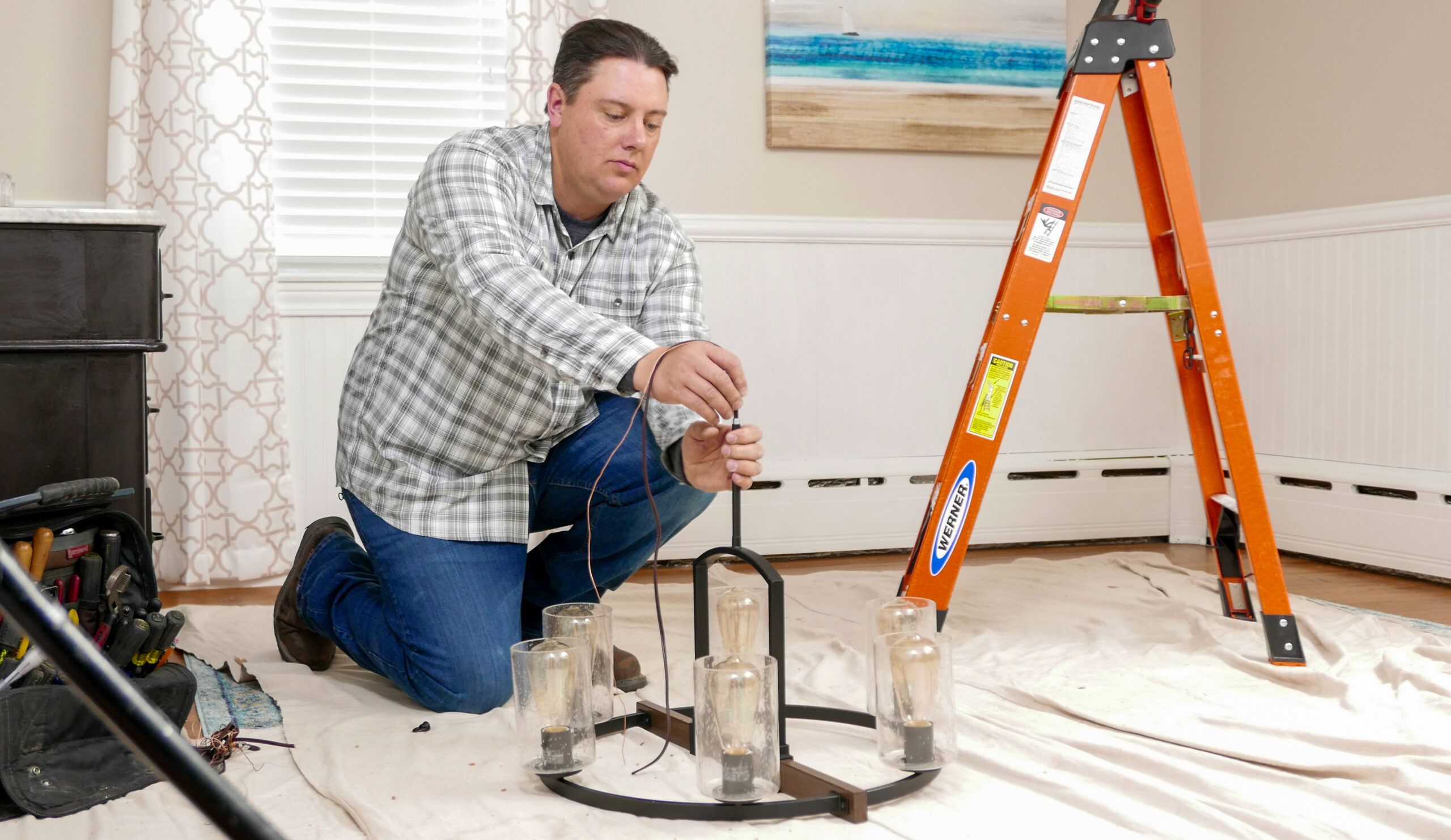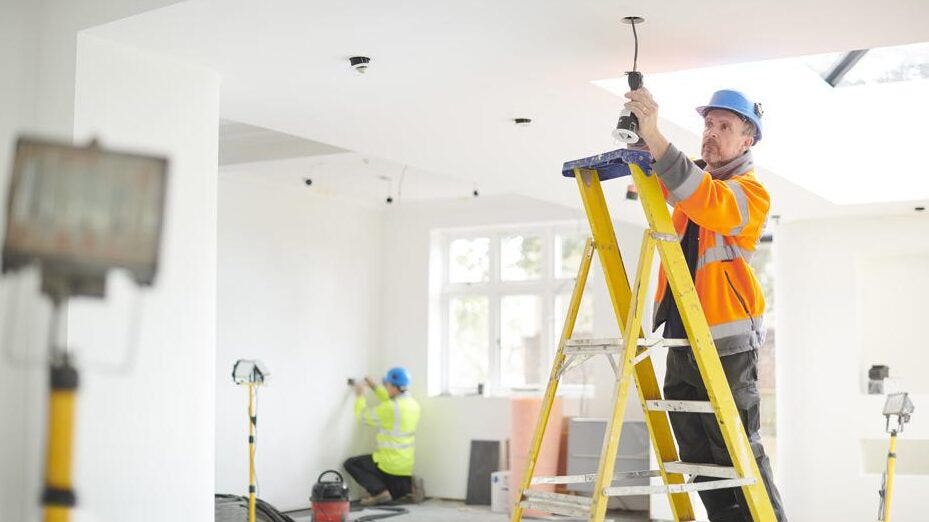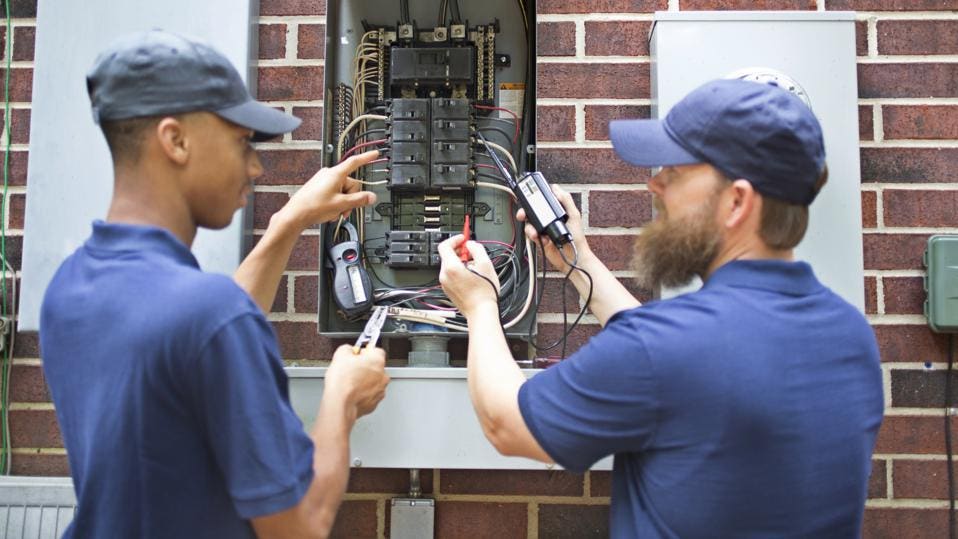When planning any home project involving electrical work, hiring the right electrician is crucial for safety and efficiency. Whether you’re updating fixtures, adding outlets, or dealing with flickering lights, understanding the process of finding and working with a qualified electrician can make all the difference. This guide provides key insights into navigating the hiring process to ensure you get the best professional for your needs.
Understanding the importance of hiring a qualified electrician cannot be overstated. Faulty electrical work can lead to serious hazards, including fires and electrocution. A professional electrician brings the necessary knowledge, skills, and experience to handle your project safely and effectively. They are trained to understand the complexity of household wiring, identify and solve electrical problems, and ensure that all work is in compliance with the current National Electrical Code and local regulations. Taking the time to find a skilled electrician is an investment in your home’s safety and functionality.
Hiring a professional electrician also adds value to your home. If you plan to sell your property in the future, potential buyers will appreciate the assurance that electrical work was done correctly and up to code. Electricians with a strong track record can also offer valuable advice on energy efficiency, helping you save on utility bills. Their expertise can also enhance the aesthetics and functionality of your lighting and electrical systems, elevating the overall quality of your living space.

- Guidelines for finding and choosing the right electrician for your needs. Source: Danny Lipford – thisoldhouse.com
Searching for and evaluating potential electricians starts with research. Begin by asking for recommendations from friends, family, or local building professionals like contractors or real estate agents. Online platforms and local business directories offer access to electrician profiles, where you can read reviews and check ratings. It’s important to choose an electrician who specializes in the type of work you need, whether it’s new construction, remodeling, or repairs. Once you have a list of potential candidates, verify their licensing with your state’s electrical licensing board and ensure they carry the necessary insurance coverage.
When evaluating electricians, consider their level of experience, especially in projects similar to yours. An electrician’s portfolio and client testimonials can provide insight into their work quality and customer service skills. Don’t hesitate to request quotes from multiple electricians to compare pricing. However, the cheapest option isn’t always the best. Balance cost considerations with the electrician’s qualifications, experience, and reputation to make an informed decision. Communication is key – ensure potential hires are willing to discuss your project in detail and answer any questions you might have.

- Understanding the complexity of electrical work underscores the need for a qualified electrician. Source: Lauren Murphy – forbes.com
Key qualifications for electricians include proper licensing by the state, which ensures they have met minimum education and training standards. It’s also crucial that an electrician is insured and bonded, offering protection against potential damages or injuries. When hiring, ask specific questions related to your project to gauge the electrician’s expertise. Inquire about their experience with similar projects, turn-around times, and any warranties or guarantees they offer on their work. It’s also wise to ask for references to get firsthand accounts of their reliability and work quality.
Understanding the different levels of electricians can also guide your hiring decision. Apprentice electricians are in the process of training and should work under the supervision of journey-level or master electricians. Journey-level electricians are licensed to work independently but may not have the experience or authority to perform certain complex tasks. Master electricians hold the highest level of certification, often required for permit applications and electrical system designs. Depending on your project’s complexity, you’ll want to ensure the electrician’s qualifications match your needs.

- Evaluating electrician costs: What to expect and how to budget. Source: Lauren Murphy – forbes.com
Tips for working effectively with your chosen electrician include clear communication of your project’s goals and expectations. Before work begins, agree on a detailed plan, including timelines, costs, and any specific requirements you have. It’s beneficial to be on-site or easily reachable to address any questions or issues that might arise during the project. Trusting your electrician’s expertise does not mean you shouldn’t ask for updates or clarification on technical aspects of the work being done. A professional electrician should be willing to explain their process and keep you informed throughout the project.
Finally, ensure that all work and payments are documented. A written contract detailing the scope of work, project timeline, payment schedule, and warranty information provides protection and clarity for both parties. Inspections and permits are often a necessary part of electrical work; a reputable electrician will handle these requirements, ensuring your project complies with local codes and regulations. Remember, a successful project is a collaborative effort. Providing feedback during and after the project can help ensure that everything meets your standards and expectations.
Finding and hiring the right electrician might seem daunting, but by following these steps, you can secure a professional who will safely and efficiently bring your electrical projects to life. The key is research, clear communication, and understanding the qualifications and experience needed for your specific project. With the right electrician, you can enhance your home’s value, functionality, and safety.




